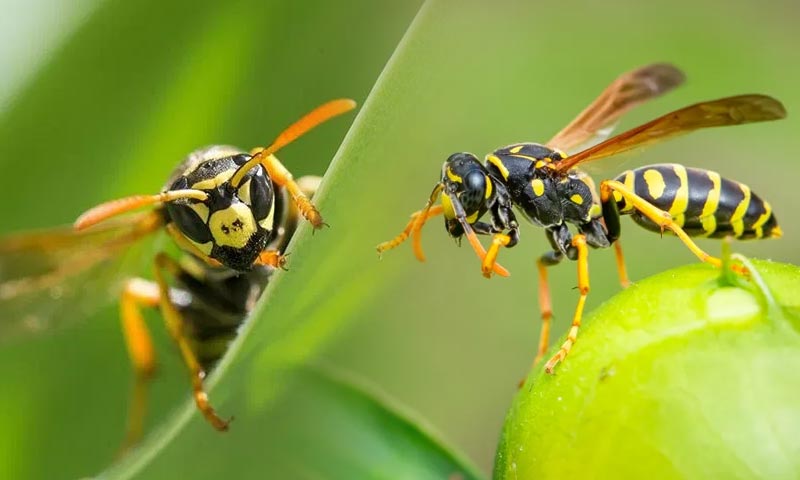Are you afraid of bees? Have you ever been stung by one as a child? Do you think you are allergic to bee stings? Either way, it helps if you know about the proper bee sting treatment and be prepared just in case. A lot of people develop a phobia when it comes to bees after they’ve been stung just once. While bee stings may be painful, they are treatable. Bee and wasp sting treatment is quite similar and it will help you be prepared in case of an attack.
However, if it turns out that you’re allergic to bees, you will need to be extra careful and avoid being stung as far as possible. This is because a bee sting can be fatal for people who are severely allergic to it and do not take timely treatment. So, before we cover what kind of treatment you need for bee stings, let’s first take a look at what exactly happens when a bee stings you.
Table of Contents
What Happens To You After A Bee Sting?
Insect bites are a common thing especially for those who love greenery and spend a lot of their time in gardens. For most people, however, a bee sting is not really a problematic thing. In the very first instant, you will feel a sharp pain shooting through where the bee has stung. This is followed by redness, itching, swelling, and warmth in the affected area. But be assured that this is a normal way for your body to react. It will subside in a bit of time and you will be back to normal.
If you invariably get stung by a lot of bees multiple times, the issue will be a lot serious. The aftermath of the bee attack could be more serious and you should rush to the emergency room as quickly as you can.
However, for those who are allergic to bee stings, it is a different case altogether. Even a single bee sting can prove to be life-threatening for those who are allergic to the insect bite. Thereby, in case you happen to be allergic to bee stings and you happen to be attacked by one, get to the hospital without wasting any time.
Key Things To Know About Bee Sting Allergies:
To know about bee sting treatments, you must first know if you are allergic to them. How? Well, the unfortunate part is that most people come to know whether or not they are allergic to a bee sting only after they’ve been stung. On the bright side, the knowledge that you are allergic will help you be better prepared in case of a bee attack. This is important as quick action is key. It can make a world of a difference when it comes to life and death situations. In extremely severe cases, bee stings can cause anaphylaxis which can be life-threatening.
But what causes the allergic reaction?
It’s important to know about bee sting allergies and what causes them. When a bee stings you, it’s barbed and razor-sharp stinger stays lodged in your skin. This is problematic because the stinger has the capacity to release venom for approximately a minute after the attack has occurred.
That being said, just because the area you’ve been stung in has swollen and turned red, it doesn’t mean that you are allergic to bee stings. The venom that bees carry contains certain proteins that affect the immune system and our skin cells. So, it is very normal for your body to react that way even if you aren’t allergic to the insect.
The people who are allergic to bee stings will experience a more severe immune system reaction to the sting. However, many of them may not experience an allergic reaction the very first time they get stung. This may happen when they are stung for the second or third time. That is when you will really need the best bee sting treatment available.
Symptoms Of Bee Sting Allergies:
The reaction one person has to a bee sting may be entirely different to someone else’s. No two people have the same kind of immune system strength and how they react is entirely dependent on their individual bodies. For reference, however, take a quick look below at the symptoms of bee sting allergies ranging from mild to severe. You can then decide what kind of bee sting treatment to seek in case you get stung.
If the allergy is mild, you will experience what those who aren’t allergic do and not anything extreme. There will be redness, swelling, itching, and sharp pain in the area you got stung. Besides that, there will be no severe reaction. Such type of reaction doesn’t generally need any special bee sting treatment.
If the allergy is moderate, your immune system and body in general will have a bigger response to the bee’s venom released in you. This response is termed as a Large Local Reaction as the swelling will gradually expand to a larger area around the bite. In such cases, redness, swelling, and other symptoms of the bee sting will take more than seven days to heal.
If the allergy is severe, the life-threatening reaction of anaphylaxis is a possible symptom. This requires immediate attention or the victim may lose their life. The symptoms you need to look out for to know if your body has gone into anaphylactic shock are hives on the skin, severe itching, redness of the area, a swollen tongue or throat, pain in the abdomen, rapid or weak heartbeat, nausea and in some cases vomiting, breathing issues, dizziness, and loss of consciousness among other things.
Which Is The Best Bee Sting Treatment?
Now that you know about bee sting allergies, let’s take a look at the best bee sting treatment for you. Of course, this depends on the kind of allergy you have as no two people have the same reaction to a bee sting.
1. Bee sting treatment for mild to moderate allergy
Such type of reaction to bee sting attacks require treatment at home and not necessarily at a hospital. The minute you get stung, get your hands on a pair of tweezers and pull out the stinger from your skin as soon as possible. When you do this, you need to be careful not to press the stinger too hard as this will crush the venom sack. If that happens, you will be in trouble as the venom will be released into your bloodstream anyway and a lot quicker. Next, you can apply a cold compress to the area that was stung. You can also apply steroid ointments on it. Also, antihistamines can be the final step. With all that done, you should simply try to relax and watch the symptoms subside naturally within the next couple of days.
2. Bee sting treatment for severe allergy
If you know about bee sting allergies and that yours happens to be severe, the treatment you need will be a lot different and urgent that the one for a mild reaction. You should see your doctor immediately after a bee sting and get a shot of epinephrine. This helps to freeze the attack midway and will drastically reduce the symptoms from blowing up further.
EpiPen is a device that carries this medicine and you should have this with you at all times if you know that you are severely allergic to bee stings. Give yourself a shot instantly after a bee sting attack without any delay. This will not only help the symptoms to subside but will also reverse the allergic reaction your body experiences.
Those who begin to display symptoms of anaphylaxis a bee sting need to go to the hospital emergency room immediately as the bee sting treatment they need will be different. You should ensure this even after you’ve given yourself an epinephrine shot as unfortunately, in some cases, this kind of reaction can cause a cardiac arrest. So, take action instantly and get the appropriate medical attention you need pronto in case of a bee sting.
3. Long-term bee sting treatment for severe allergy
In case you are severely allergic to bee stings, this is a good treatment to opt for. Desensitization Immunotherapy is fashioned in a way to help reduce your sensitivity to certain types of allergens. Speak with your doctor and decide if this is the best course of action for you in case you happen to be severely allergic to bee stings.
Venom Immunotherapy is another such long-term plan that will help reduce risk factors arising out of bee stings. This entails a person receiving bee venom in high doses in the form of injections over a period of time. The dose is increased gradually so that your immune system develops a strong resistance to the venom. If you think this is a good bee or wasp sting treatment for you, it can be worth checking out after a serious consultation with your physician.
Are Home Remedies Effective Bee Sting Treatments?
For those who know about bee sting allergies and that they aren’t allergic, home remedies are the best way to deal with them. The best bee or wasp sting treatment can be done right at home since you do not need to rush to the emergency room. Here are a few things you can use from your home to treat yourself if you cannot avoid getting stung:
Apple Cider Vinegar

Due to its acidic quality, vinegar can be an effective tool to deal with bee stings. It can help freeze the venom in action. The minute you get stung, get the stinger out and dip the affected area in a basin full of apple cider vinegar. Alternately, you can soak a cloth or a large piece of cotton in the vinegar and apply it on the area you got stung.
Honey

Honey is the best remedy for a lot of things including bee stings. Use a bit of it on the affected area and watch how it helps reduce redness, swelling, and itching in the area. You can apply the ingredient on the area and leave it there for about an hour. That should easily be enough time to help heal the sore wound.
Wet Aspirin
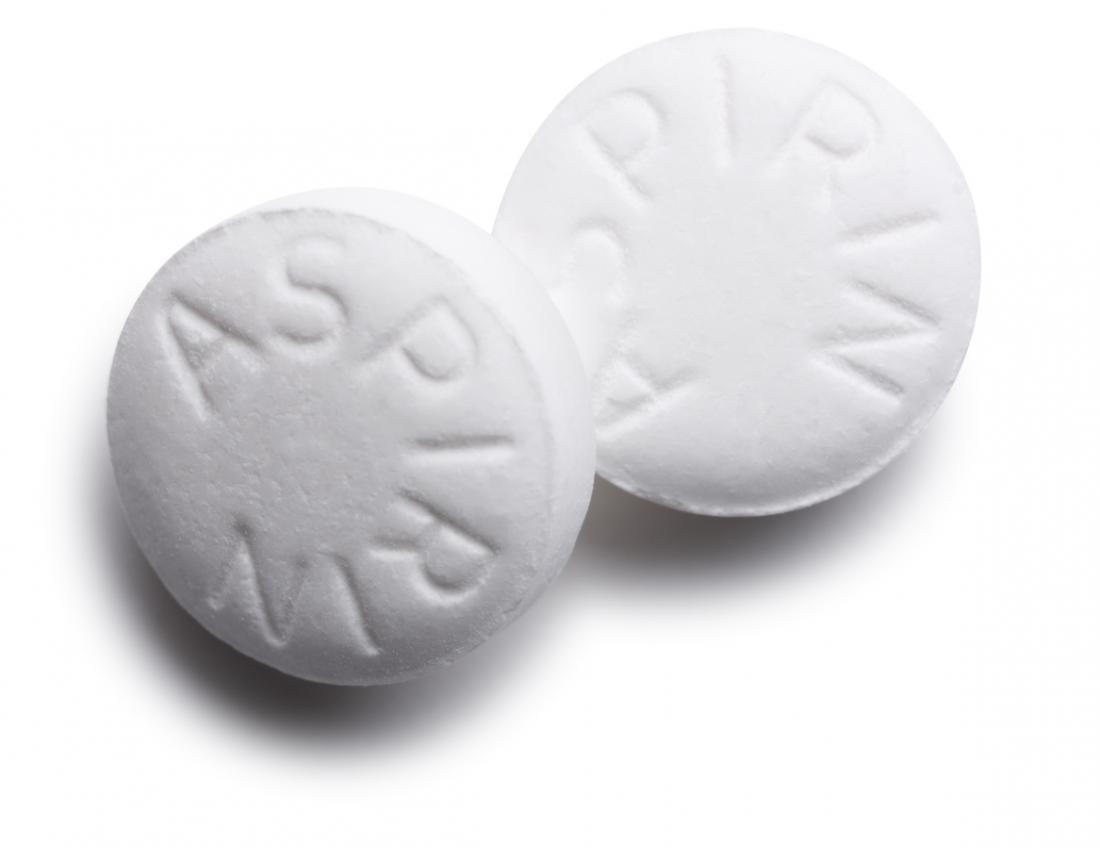
Among the best bee or wasp sting treatment is to apply wet aspirin on the stung area. Else, you can also make a paste of the aspirin and use that instead. You can use this along with an ice pack for double effect. However, many people claimed that using aspirin on the sting site actually increased redness in their case. So, be prepared for the possibility that your body may react differently even if you know about bee sting allergies and their treatments.
Toothpaste
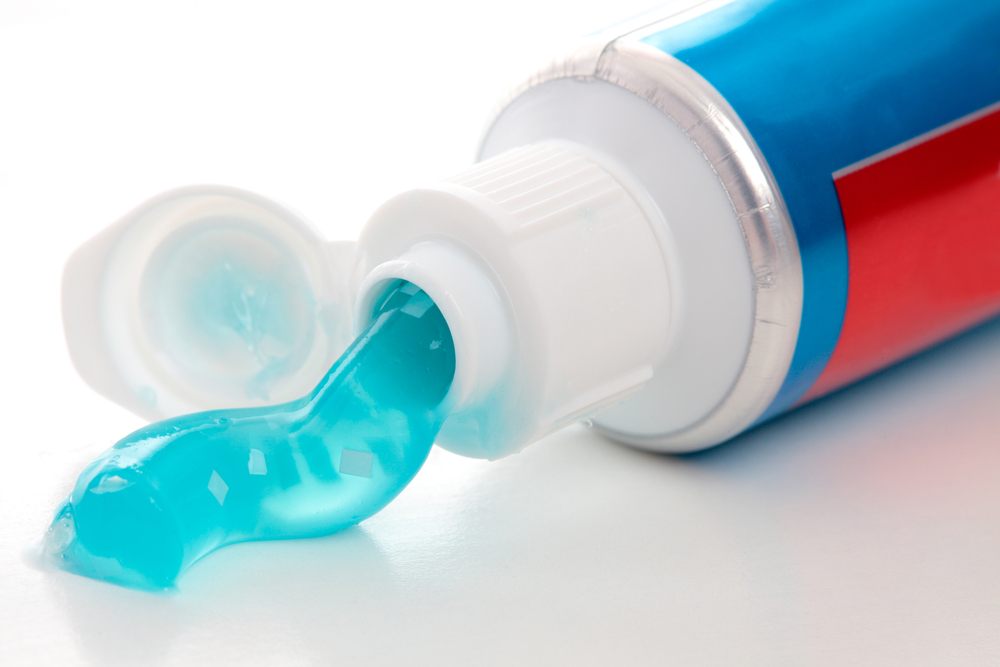
Toothpaste is an essential product in our daily life while it comes to maintaining oral hygiene and tooth care. There are many who claim that this is the best bee sting treatment there is. However, it is a bit unclear why. The reason they claim this is that toothpaste that contains alkaline can neutralize common honeybee venom. But if that is true, this cannot be an effective wasp sting treatment as the venom of wasps contains alkaline as well. Anyway, this is an incredibly cheap trick and worth a shot. So, if you happen to get stung, dab a bit of toothpaste on the affected area and see if it works for you.
Baking Soda
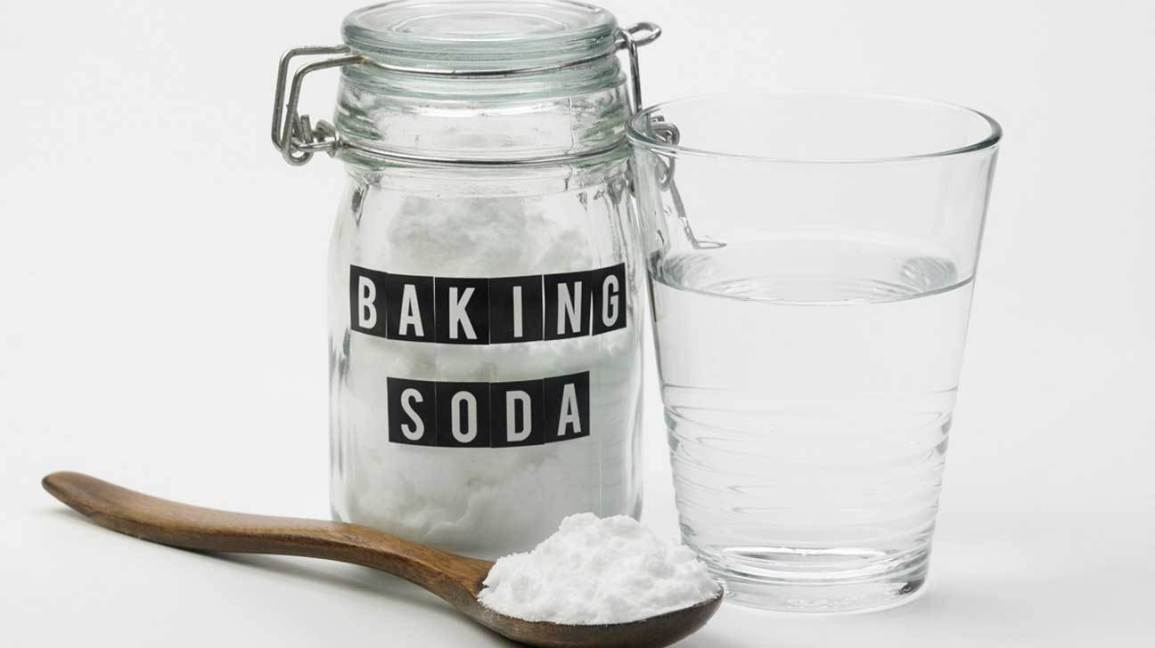
Use a paste of baking soda and water on the sting area to help freeze and reduce the effect of bee venom on you, these also helps to reduce acne scars from the skin. Leave the mixture on there for about fifteen minutes and cover it with a bandage. You need to reapply the mixture as and when necessary. This can be an effective wasp sting treatment as well, according to some people who’ve tried it. They say it reduces redness and swelling of the area as well.
Oils and Herbs
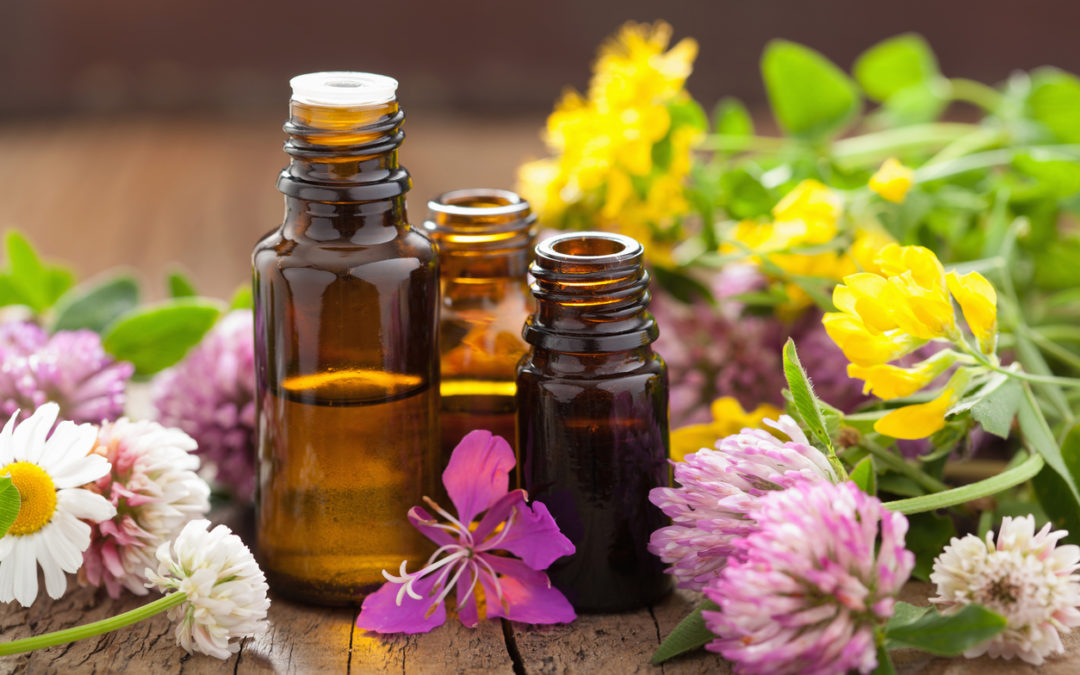
There are certain herbs and essential oils that can be incredibly useful when it comes to bee sting treatments and not just for cooking or other purposes. These are known to help reduce swelling instantly and many can even stop the bee venom in its tracks. Some of the best oils and herbs to use in case of a bee sting include Aloe Vera, Tea Tree Oil, Calendula Cream, Witch Hazel, and Lavender Oil among others. In case you don’t have any of these at home, now would be a good idea to invest in a couple of them – especially if you live in an area where there are a lot of bees around.
Meat Tenderizer

As strange as it may sound, this can be among the most effective bee and wasp sting treatments around. Papain is an element that comes in meat tenderizers and is known to possess qualities that break down the protein that’s responsible for causing itching and pain when a bee stings. To use it as an effective bee sting treatment, make a solution out of it by mixing it in water. You must have one part of this mixed along with four parts water. Once you have the mix in hand, use it on the stung site and leave it there for approximately thirty minutes.
Can Bee Sting Allergies Be Avoided?
While the allergy itself may not be totally avoidable, you can try to at least not get stung as far as possible. Here are some things you can do to avoid getting stung by a bee the next time you visit a lush green place that may be home to these small but deadly insects:
- Never attempt to remove a beehive yourself. It is extremely dangerous.
- Wear clothing that has full sleeves and long pants.
- Try not to walk barefoot.
- Don’t wear strong perfumes that have the potential to attract bees and wasps.
- Keep the windows of your car rolled up when driving.
- Avoid dressing in clothes that have bright floral designs.
- When picnicking, check if there are bees or insects around before sitting down to eat.
- Never leave food and drinks uncovered. These can attract bees along with other insects.
- Try not to swat at bees when you come across them as they will sting in self-defense. Then you will definitely need bee sting treatment. Instead, slowly and calmly move away from them.
- In case a bee lands on you, remain still instead of panicking. They generally fly away within a few seconds.

